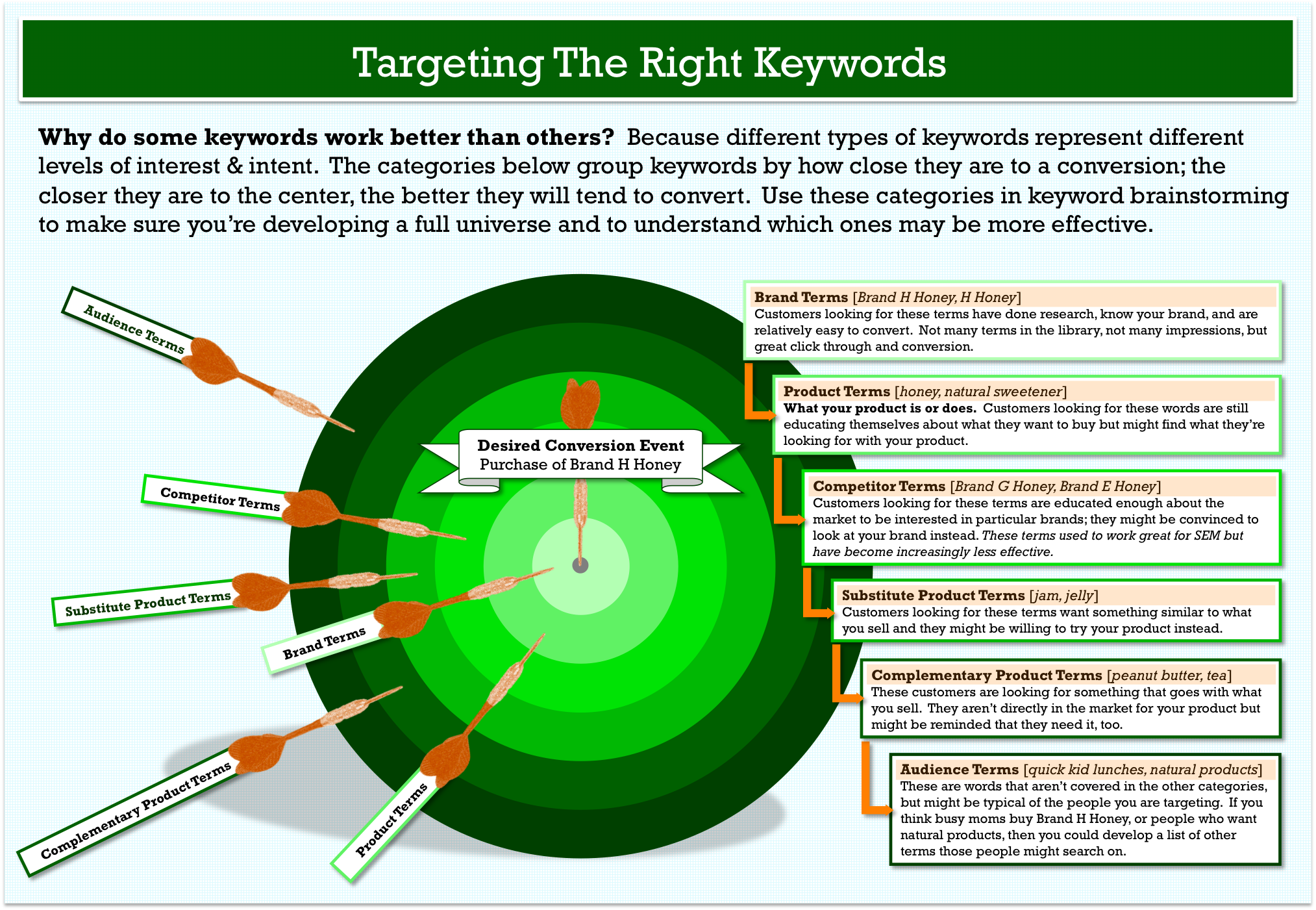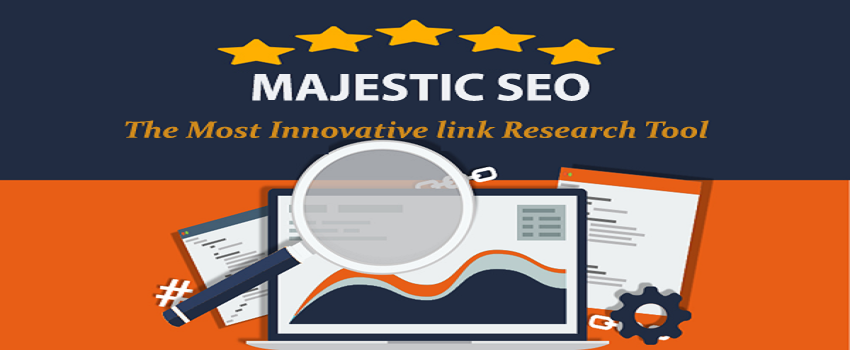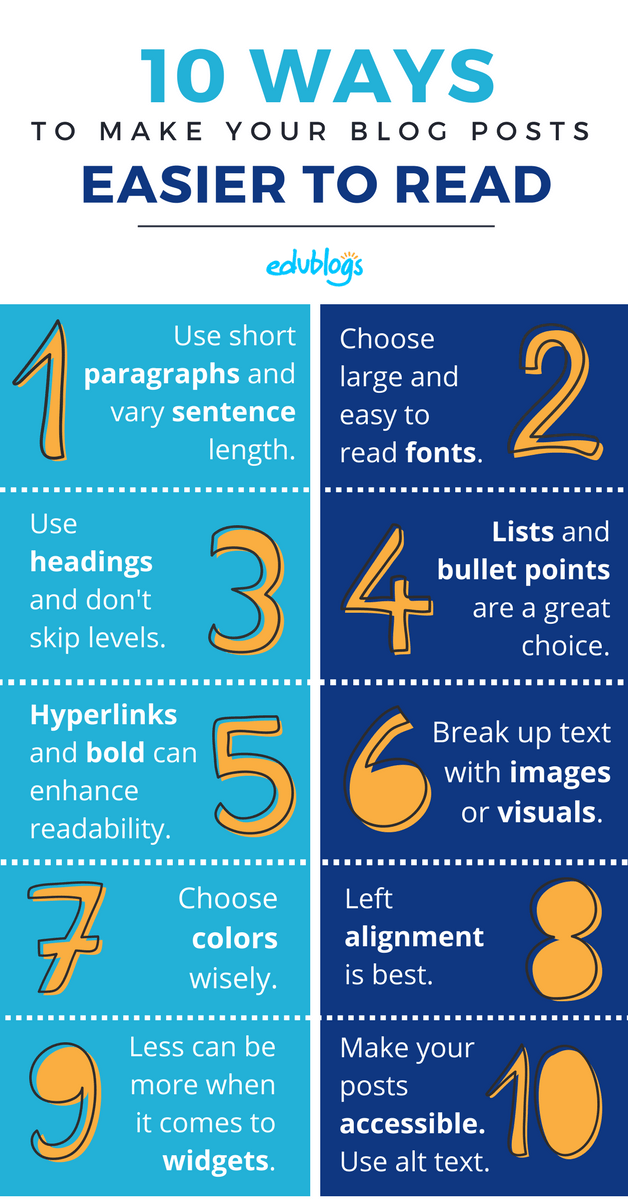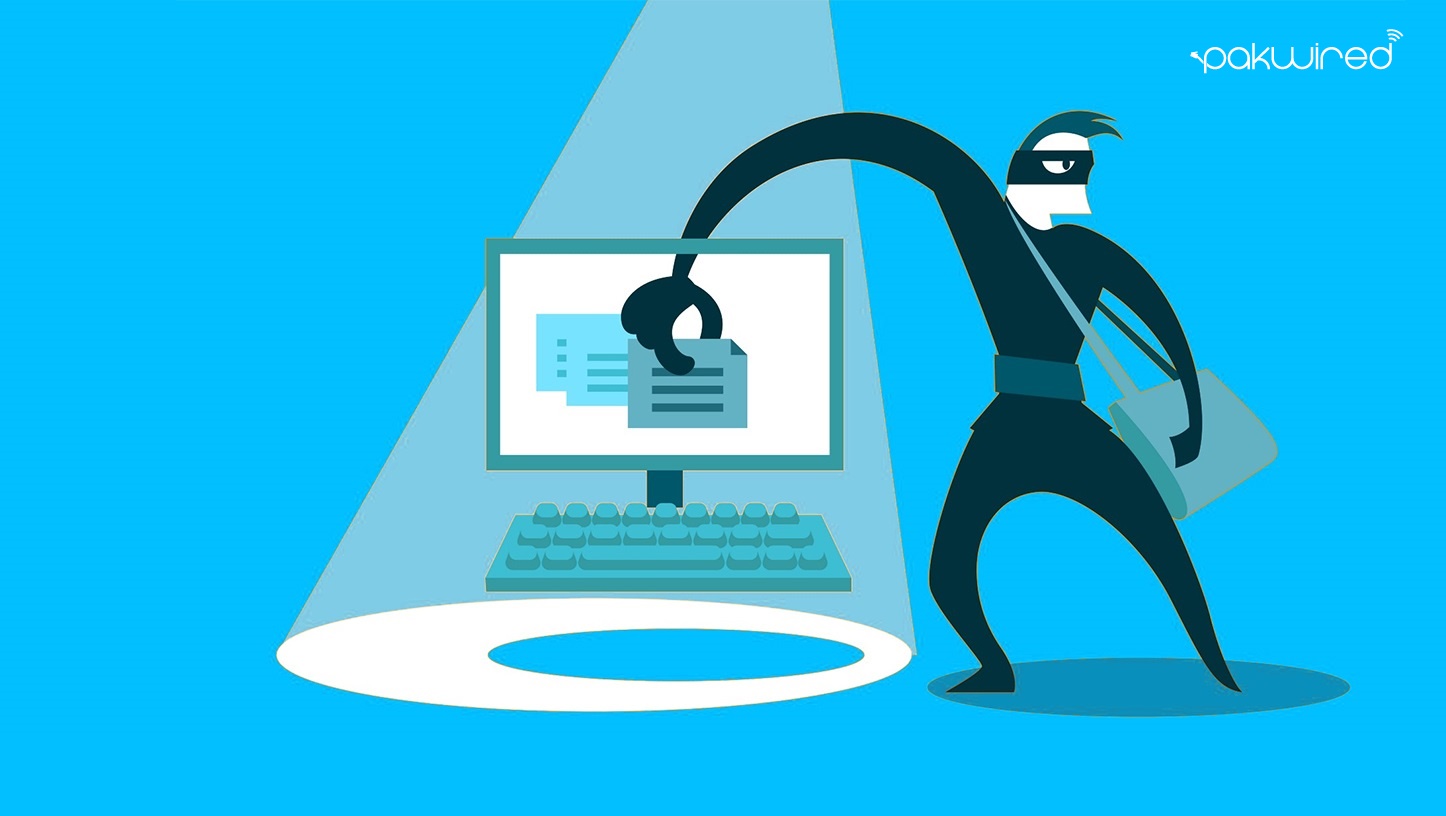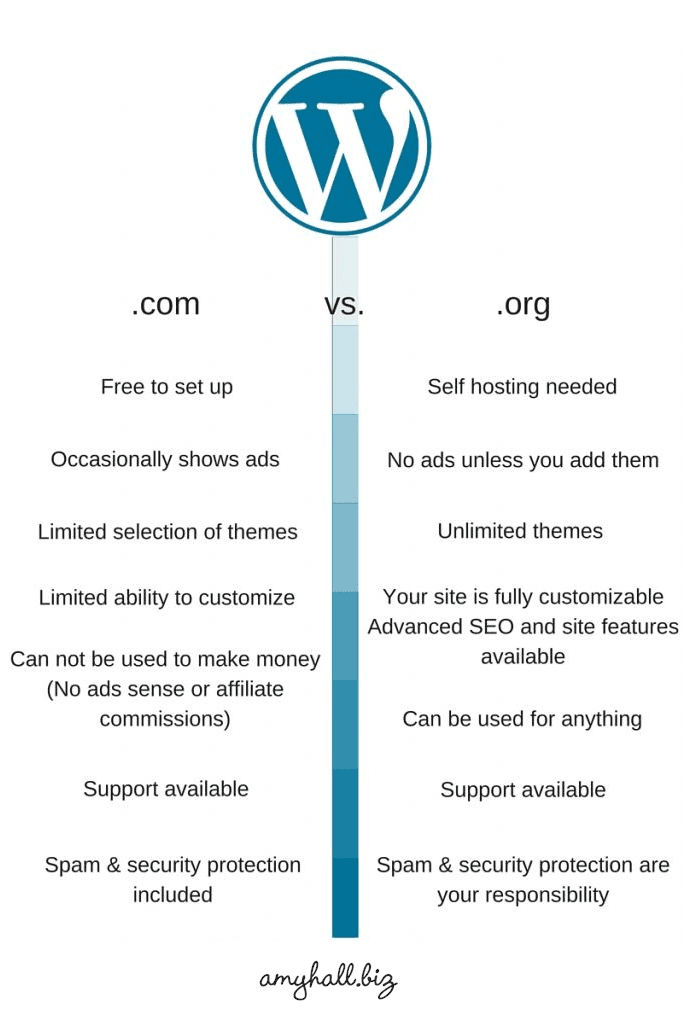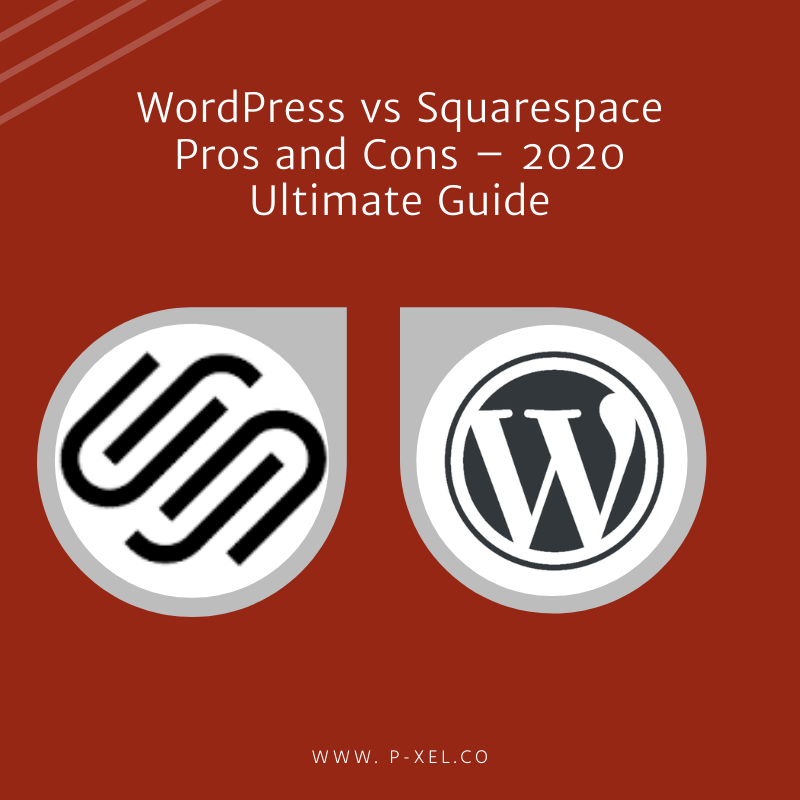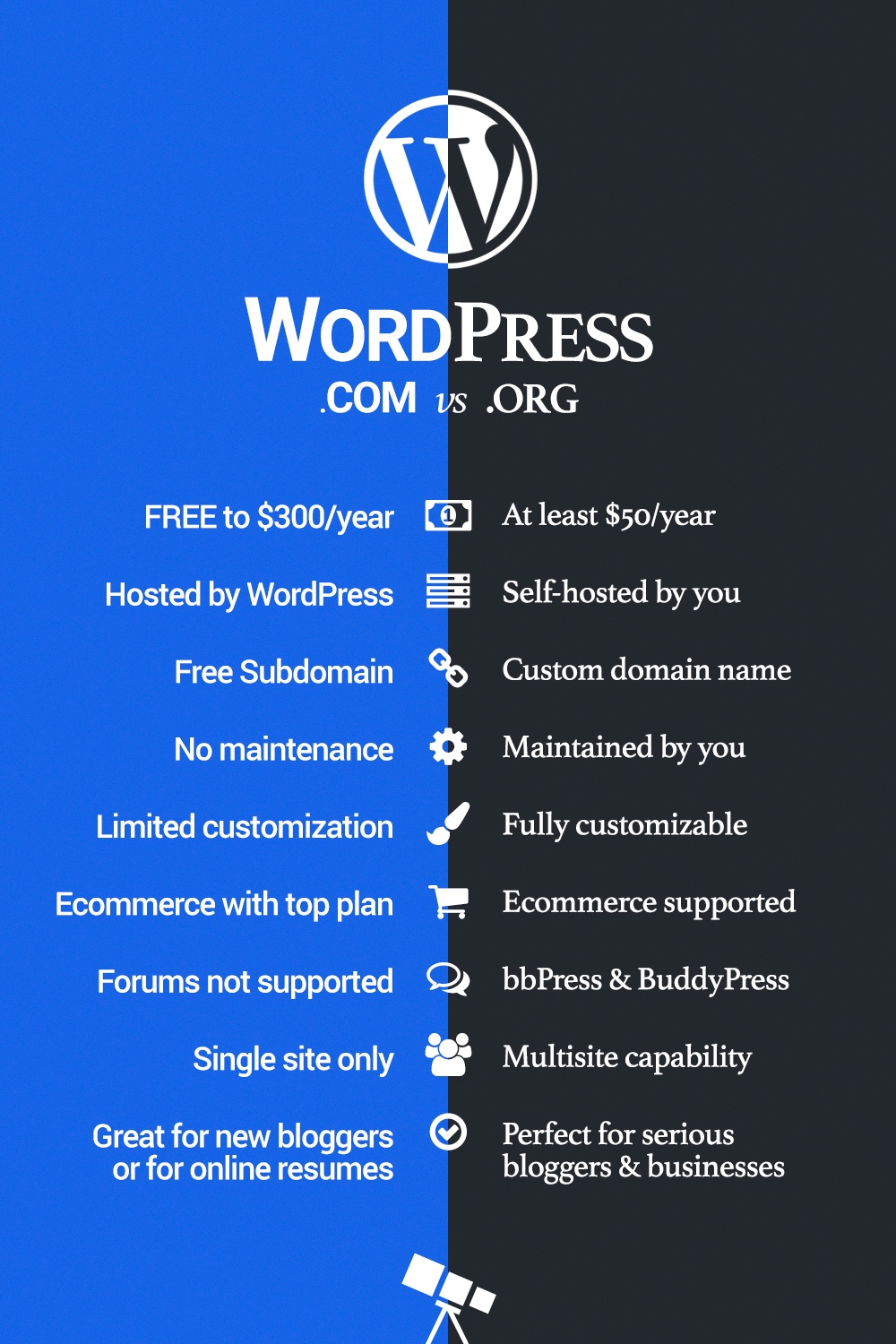I heard a question on Facebook the other day that I found quite interesting: Hi fellow bloggers, so I have a question. How do you handle not limiting your […]
Majestic SEO Review (a vital SEO tool)
If you’re in any way interested in SEO then you need to know there’s a plethora of tools available, so many in fact it can be daunting. But […]
How To Get People To Read Your Blog In 6 Easy Steps
Everyone’s blogging these days. Doctors, vets, writers, heck even cats have blogs. It’s never been easier to set up a blog with the likes of WordPress and Blogger at […]
The Only Way To Deal With Content Theft!
Plagiarism is rife on the Internet and if you keep producing content, sooner or later someone is going to steal it. Personally I think content thieves should be tied […]
How To Self Host With WordPress
Blogging is a hobby enjoyed by millions, and if done well can earn a decent monthly income. The key to blogging is providing regular, useful content that people want […]
5 Headlines To Increase Clicks and Convert Visitors
If you want your website to stand out in a sea of information overload, then it all starts with your headline. Sure you need a great article that offers “value” […]
Best Blog Sites & Blogging Platforms
Blogger Price: Free. What is it: Commercial platform. Blogger is one of the early blogging platforms later acquired by Google. Easy to start, easy to use with a […]
WordPress Vs Squarespace: The Definitive Guide
WordPress vs Squarespace conclusion If you just want a beautiful website for your company, want it done quickly and want to be able to pretty much forget about […]
WordPress.com vs WordPress.org: What’s The Difference?
The two WordPress versions, one of the best blogging sites, are not the same. This WordPress.com vs WordPress.org comparison has all the facts you need to make an […]

